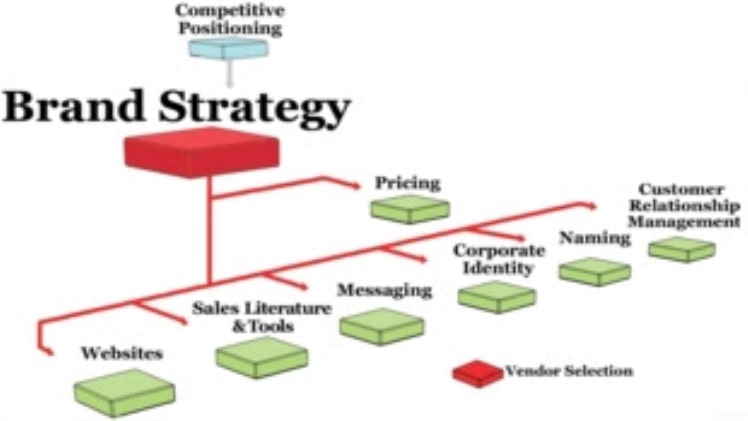In brand extension, a brand will introduce a product in a new market, consolidate its name and brand equity in a related field. A good example of this strategy would be Hershey Foods Inc.’s Twizzlers, which would be re-branded as Twizzle Bites. This strategy can lead to significant growth if a product is well received and well-received.
Targeting a new audience
In addition to targeting a new audience, brand positioning must include positive customer relationships. A good brand positioning strategy should be built around these strong customer relationships. For example, a company’s competitiveness can be leveraged for an improved brand strategy. Competitions are in the same business as you are fighting for the same customers. Taking a closer look at what they do differently will help your company tailor its branding to attract a new audience.
Effective brand positioning
One of the most effective brand positioning strategies is differentiation. This marketing tactic allows a company to appeal to a niche audience and makes the consumer feel like a brand is speaking directly to them. For example, Chipotle uses high-quality ingredients in its food, and Tesla launches luxury electric vehicles that make them instantly different from other mid-range brands. Both of these strategies will help a company gain more customers.
Controversial topics
The use of controversial topics can create positive reactions in the target audience. While polarizing the audience isn’t the goal of this approach, it can create conversations, create viral content, or damage the brand’s image. In addition to controversial marketing, some companies may prefer to employ a more traditional style of Brand Marketing Strategy Guide. This includes the use of field marketing, which involves going to neighborhoods to promote their products, offer product demonstrations, and distribute leaflets.
Values of products
As a brand, a company’s identity is tied closely to the values of its products. The company’s reputation is a valuable asset to build and sustain trust. Its identity is tightly tied to the products or services it offers, and it is important to maintain its reputation in the market. A successful brand will have a positive impact on the consumer’s emotions. For instance, a brand that’s positioned as an athletic or sports enthusiast can be considered an athlete.
Service-based marketing is another form of brand-building. It leverages the needs of the customer and builds a brand based on this need. For example, a company that positions itself as a sports brand can position itself as an athletic brand, while one that focuses on service-based marketing aims to satisfy the needs of customers. A company that offers great service is more likely to build a loyal customer base.

